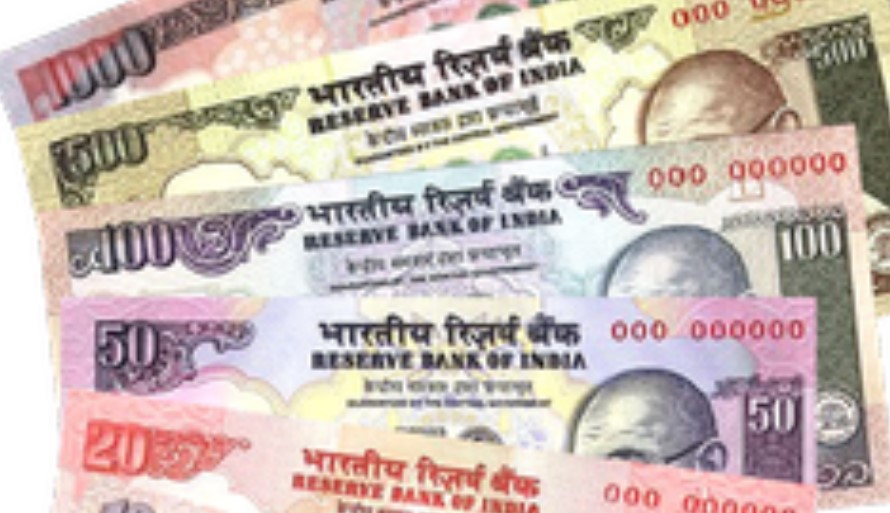
(Photo : wikipedia)
- The Indian rupee hit a record low due to equity outflows and uncertainty over the U.S. election.
- Foreign investors are withdrawing from India due to high valuations and China's stimulus plans.
- The Reserve Bank of India is intervening to prevent the rupee from free-falling.
- The situation calls for proactive measures to stabilize the currency and restore investor confidence.
The Indian rupee, in an unprecedented turn of events, plummeted to its lowest ever value on Thursday. This development is attributed to the continuous outflow of equity and the looming uncertainty surrounding the upcoming U.S. election results. The rupee's value dipped to a record low of 84.0925 against the U.S. dollar, marginally surpassing the previous low of 84.0900.
This development has been largely driven by foreign investors withdrawing their investments from India at an unprecedented rate this month. The reasons behind this mass exodus of investments are manifold. One of the primary reasons is the relatively high valuations in the Indian market, which have made investments less attractive.
Additionally, China's recent announcement of stimulus plans has also contributed to this trend, as investors are shifting their focus towards the Chinese market.
Equity Outflows and RBI's Intervention
The impact of these outflows has been significant, exerting immense pressure on the rupee. However, the Reserve Bank of India (RBI) has been actively intervening in the market to mitigate the rupee's losses and keep volatility in check. The central bank's regular interventions have been instrumental in preventing the rupee from free-falling.
Adding to the economic turmoil is the uncertainty surrounding the U.S. election scheduled for November 5. The potential implications of the election outcome have been a cause for concern not only for India but also for its Asian peers. The uncertainty has further compounded the pressure on the rupee, contributing to its decline.
Historical Precedents and Future Implications
This is not the first time that political events in the U.S. have had a ripple effect on global markets. Historical precedents show that U.S. elections often lead to volatility in emerging market currencies. For instance, during the 2016 U.S. election, the surprise victory of Donald Trump led to a sharp depreciation in the value of the Mexican peso. Similarly, the Indian rupee also experienced volatility during the 2004 and 2008 U.S. elections.
In the face of these challenges, it is crucial for the RBI and the Indian government to devise effective strategies to stabilize the rupee. This could include measures such as increasing foreign exchange reserves, implementing monetary policy changes, and promoting foreign direct investment.
* This is a contributed article and this content does not necessarily represent the views of btin.co.in









